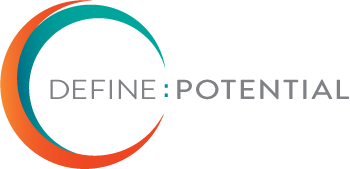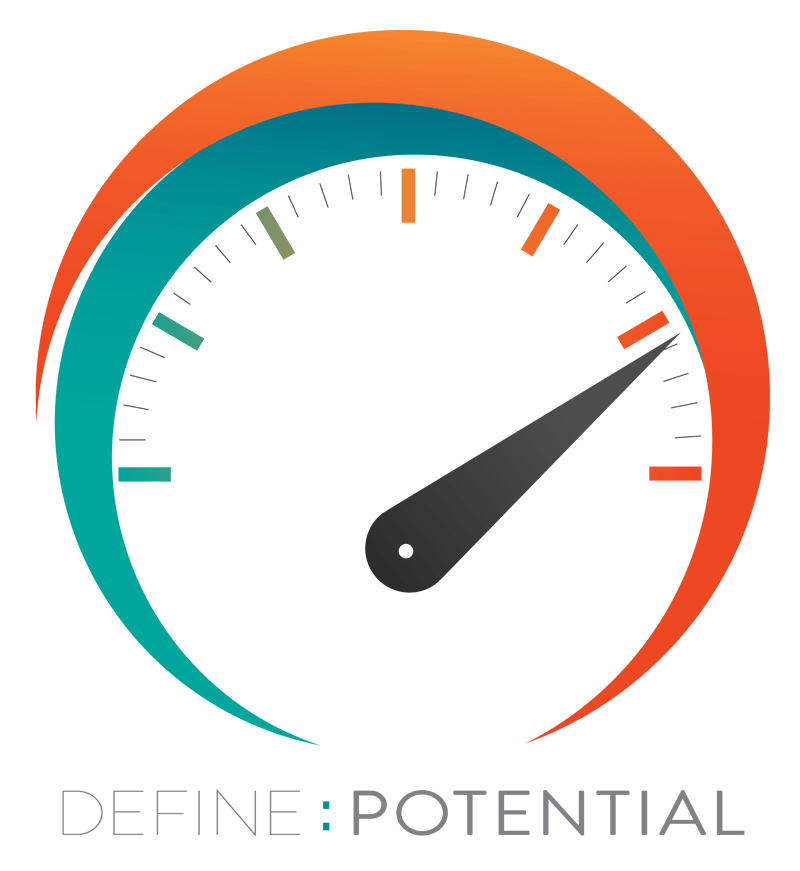Define Potential Blog
Leading Hybrid Teams in a Flexible Environment
11 October 2021

This is a subject that has almost come to rival talking about the weather… do you want to continue working from home and will your organisation allow it?
Whilst working from home is not a new concept to some, organisations have generally been slow to embrace this possibility due to uncertainty on what the impact would be on performance. Then the pandemic hit, compelling organisations to work in a flexible environment. And the evidence is clear. Nearly two-thirds of APS employees feel that they get more work done than when at the office. Nearly two-thirds feel they have more autonomy. Over 90% of managers say that their team’s productivity is the same or higher when working from home.
The ‘Working From Home Report’1 concludes that “not only will working from home be a lasting feature but it may even be heralding a revolution in the way we work”. If we accept this as the new reality, then the pressing question is how do we learn to lead in this environment; how do we get in front of this revolution applying new skills and mindsets?
This is particularly pertinent when there are a number of things that appear NOT to work as well as they did when everyone was in the office. For example, findings show that collaboration, mentoring and coaching, and maintaining professional networks are seen to be more challenging and therefore need different approaches to ensure they happen.
A particularly big difference between those working remotely and those working in an office is the level of motivation. Staff who work remotely are less motivated… unless they feel they are consulted, asked what their perspectives are and invited to solve challenges together. In this case motivation levels increase by more than 15%2.
Leading hybrid and remote teams therefore requires us as leaders to look through a new behavioural lens. Clarity of vision, appropriate systems and the full array of capabilities are all still needed as they were when teams were office based. However, the ability to build trust, influence and engage by harnessing team members’ intrinsic motivators is critical to leading hybrid teams. These motivational elements allow the vision, systems and skills to come alive in the hybrid environment.
Define Potential’s leadership development programs on offer do just that. They enhance the tried and tested wisdom that is team leadership. Some of these ‘new behavioural lens’ aspects are highlighted below.

1. Vision and Purpose:
A team vision gives a sense of where we want to get to, but a team purpose enables a deep conviction that the team is making a difference. A ‘leadership in hybrid teams’ course component is able to tell this compelling story, fostering understanding and conviction.
2. Systems and Formal Mechanisms:
Team systems in the past were all about efficiency. Clearly this is important, but it does little for team motivation levels. Mechanisms that allow a team to collaborate on what is important to them collectively are the ones that go the distance in hybrid environments. One example is a team charter highlighting agreed to team values and behaviours.
3. Talent and Skills:
While there may be capabilities that teams need to develop as a whole, most often leaders need to have an understanding of what each team member needs. One way to do this is to develop a ‘persona sketch’ for each member; it calls on us to understand their developmental needs from their perspective and therefore achieve powerful engagement.
4. Role Modelling:
All of the above falls apart if there is little trust in the person heading up the team. The ability to build trust, show compassion, provide stability and hope comes from leaders having clarity of their own purpose, the plum-line that helps them to be an authentic inspiration to their team.
To learn more about our delivery methods on this topic and more, contact us at [email protected]
Footnotes
2McGregor L. & Doshi N., 2020, How to Keep Your Team Motivated Remotely, HBR
Blog posts you might like
A moment to reflect, and move forward
People tend to put a lot of pressure on themselves at this time of year to get things done – finish that report, wind up the project, clean the windows, buy all the gifts, attend all the Christmas parties and prepare for the perfect holiday season. It is worth assessing every item on all our lists – both mental and actual, and ask ourselves “does this all need to be done?”
Refresh, Re-energise and Renew
With the chaos of 2021 behind us, I think everyone is looking forward to the holiday break. Time with family, friends, and some much-needed relaxation. The past two years have been tough on many people. The surprising part is that some leaders have thrived through this period while others have really struggled.
Communicating in the digital era
While we either have or are contemplating a return to our offices, digital communication, whether that be email, messaging, Zoom or MS Teams is here to stay. Being effective in how we use these different communication tools will be critical to high performance and team management.





